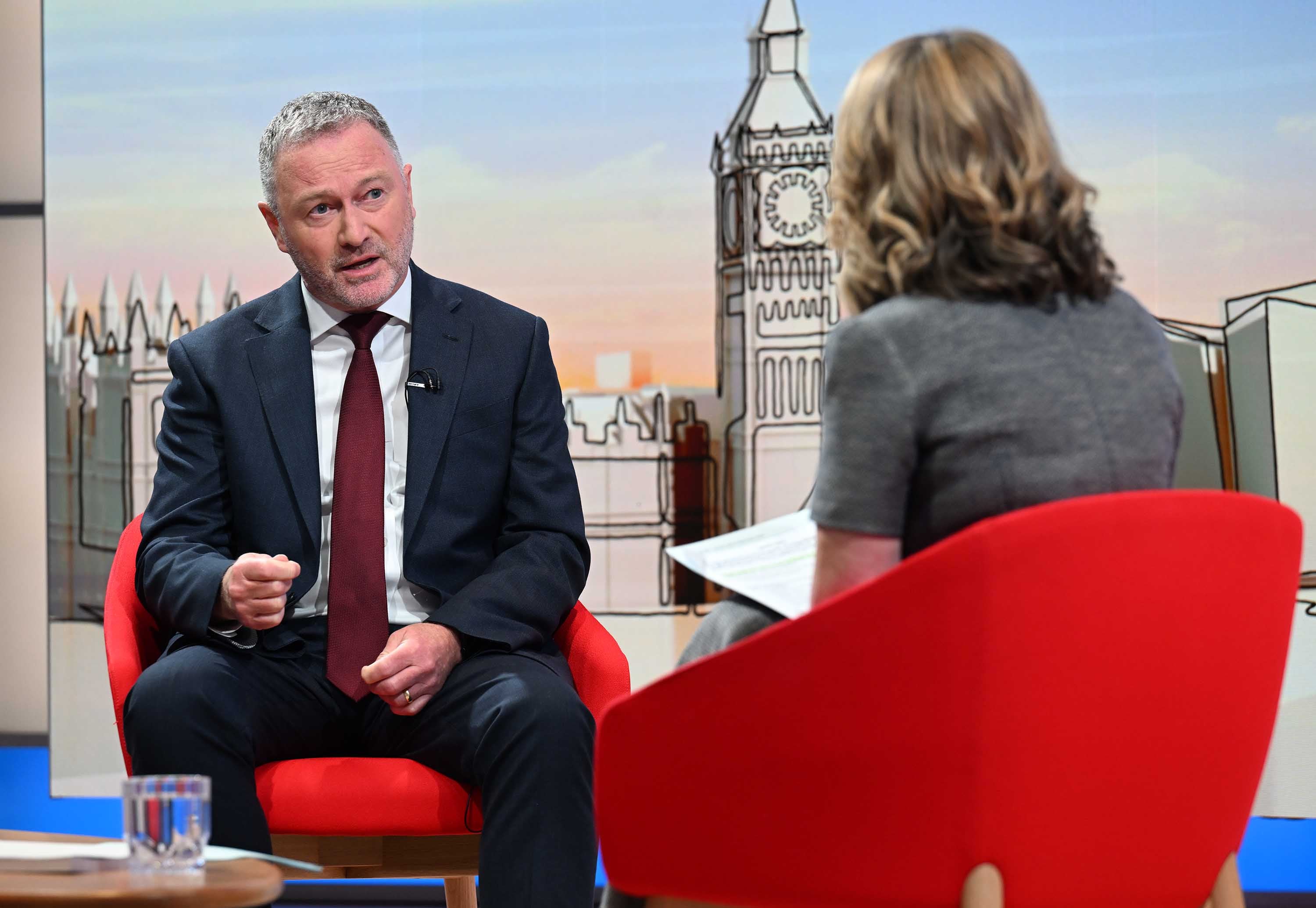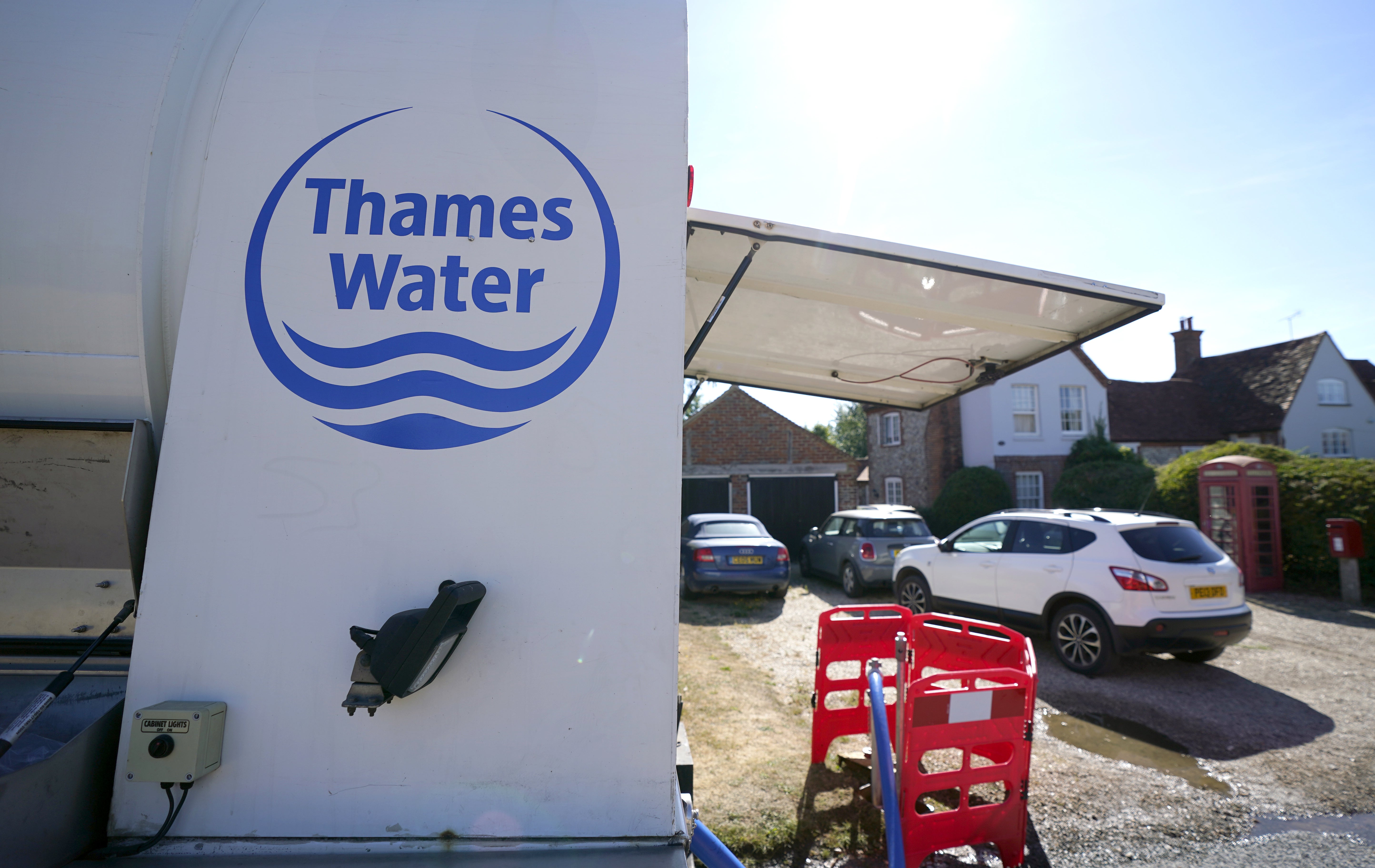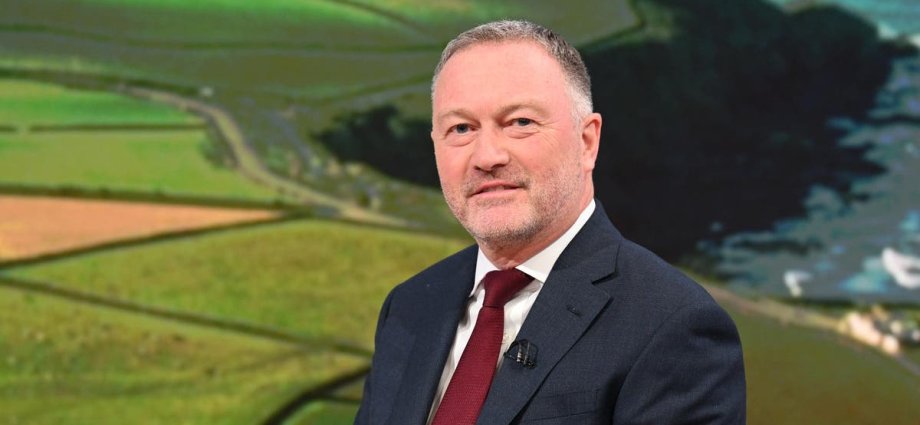Water bosses will face criminal charges and be stripped of their bonuses for repeated illegal sewage dumping under tightened-up regulations, Environment Secretary Steve Reed has said.
New laws he is introducing to Parliament will “give regulators more teeth”, he wrote in the Mail on Sunday.
“Water bosses responsible for repeated illegal sewage dumping will face criminal charges, and I’ll ban the payment of their multimillion-pound bonuses until they clean up their toxic filth,” the Cabinet minister said.

He said it is currently “more profitable to let the pollution flow rather than fix the broken pipes” and that regulation is too weak to stop it.
“This should never have been allowed to happen, and, with our new Labour government, it will never happen again.”
Questioned by Victoria Derbyshire on the BBC’s Sunday with Laura Kuenssberg programme, Mr Reed could not say what level of dumping would need to happen before criminal charges would be triggered.
He said: “What I want to do is clean up our water. We’ll do it by making the water bosses face criminal charges if they are responsible for persistent, severe levels of illegal sewage dumping.
“We will ban the payment of their multimillion-pound bonuses while they’re overseeing that kind of failure.
“We will ring-fence customers’ money that is earmarked for spending on investing in the sewer system. So, if it’s not spent on that, it will be refunded to customers in a discount on their bills.”
He also said he will not temporarily nationalise Thames Water because it remains financially viable.
He said there is “no need to have undue concerns at the moment” and that there is “no threat to water supply”.

Thames Water has had its credit rating downgraded to “junk” status by influential ratings agency Moody’s, indicating that the credit agency firm thinks the utilities company is likely to default on its debt and may add to its financial pressures.
Regulator Ofwat has said it will impose a “turnaround oversight regime” on Thames Water.
The Environment Agency said in its annual report that there were 47 serious pollution incidents last year – up from 44 in 2022.
Four companies – Thames Water, Anglian Water, Southern Water and Yorkshire Water – caused 90% of those incidents.











